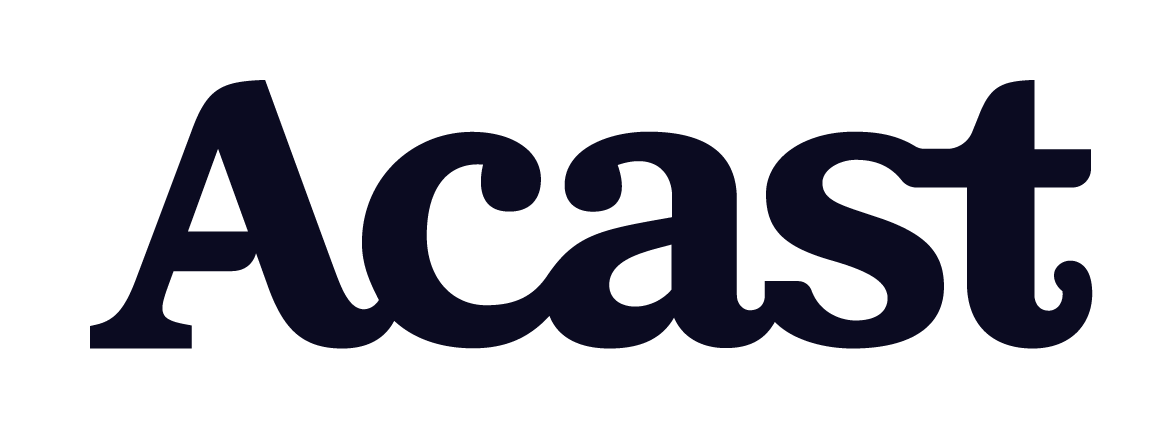Medicine in Britain 1250-present
When did you last visit the doctor or dentist? Imagine the last illness or accident you had (hopefully not too serious a one!). Did you see someone quickly? Did they give you a diagnosis and treatment? Did they make you better? Now, imagine having no access to a doctor or dentist. Imagine no effective drugs or treatments. Imagine operations or tooth extractions with no anaesthetic. Imagine having no understanding of why you are Ill or if you'll get better. You'll have some insight into the lives of those who lived in this country a 1000, a hundred or even fifty years ago. In this series we follow the Edexcel specification from first to last including the study of the Historical Environment: The British Sector of the Western Front 1914-1918 Injuries, treatments and the trenches.
Tutors for this module
Emma Purce
B.A.
University of Kent
Emily Bartlett
BA, MA
Assistant Lecturer
School of History, University of Kent
Schools and students are loving Audiopi
Audiopi has been very useful and I am singing your praises. Our students achieved 93% grades 4-9 at literature - and the podcasts really helped our pupils to go into the exams feeling confident about the texts.Also, the podcasts are very engaging and particularly useful for helping pupils who struggle with reading chunks of text, such as those with dyslexia
Antonia Parris
English Teacher, St Aidans HarrogateI like the way I can listen to a debate on the way home from school; I don’t have to be in a classroom or at a desk!
Oliver
Student, Churcher’s College“We are loving the podcasts! I have got all my history students into them and they can't quite believe their luck.”
Helen Jolliffe
Acting Head of History, Churcher's Cillege“Since purchasing Audiopi, we have seen a large growth in both motivation and progress within our students. A truly valuable resource for any student to use, regardless of ability”
Rebeka Rangelov
English Teacher, Harris Falconwood"I came top of the class all thanks to Audiopi"
Theo
Student"As an English Teacher I can confidently say that every English Teacher would love to have Audiopi”
Tess Player
English Teacher, Kings' School WinchesterAudiopi has brought a different dimension to pupil revision. We were particularly impressed by the combination of core examination content and involvement of high profile historians; highly recommended!”
Harry Mackridge
Head of History, Shrewsbury School“Amazingly helpful. I’m a Year 10 student who has had this bought for me, it is very helpful and has shown me more POV’s on the poems. 10/10 would recommend.



















